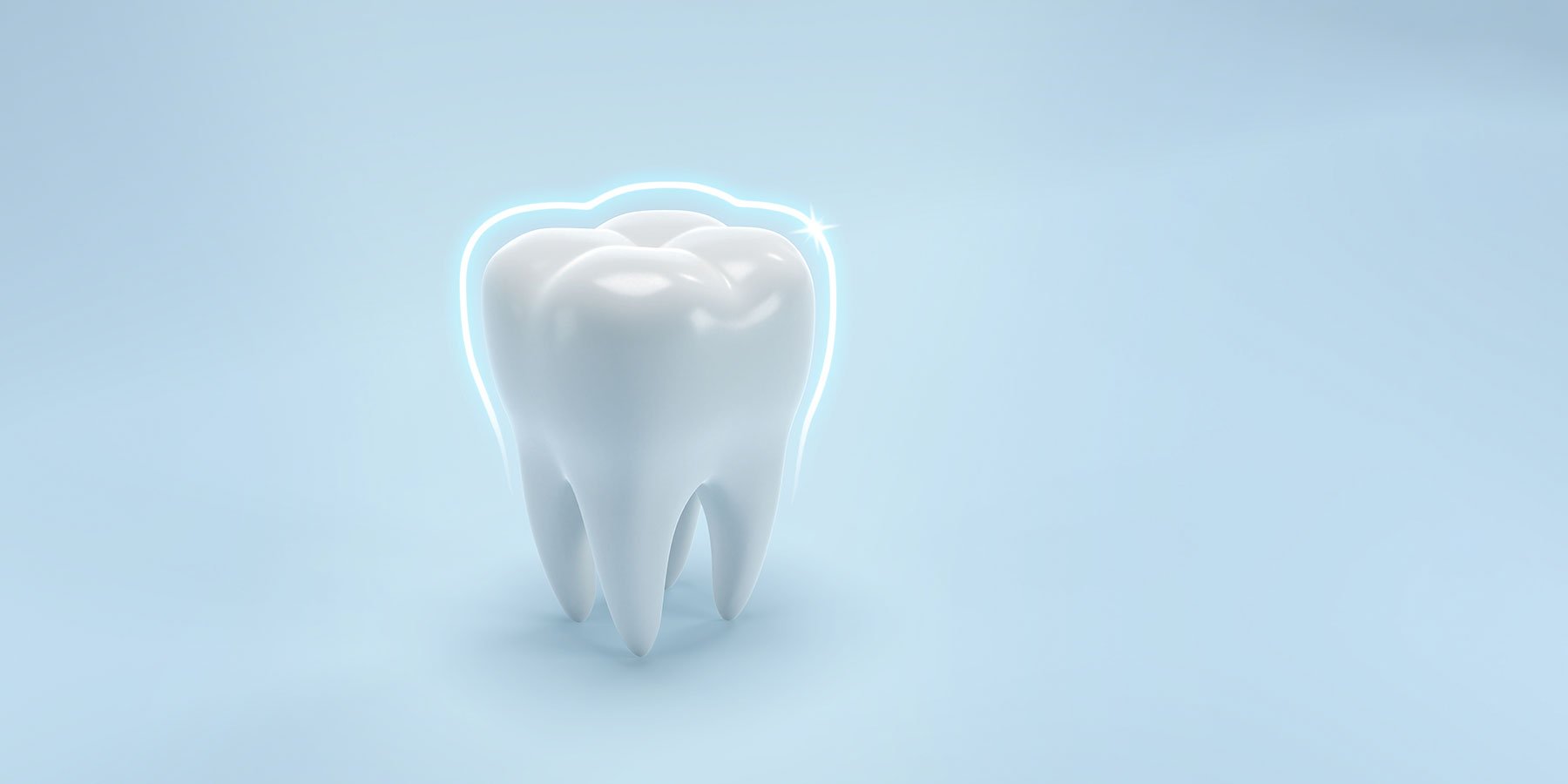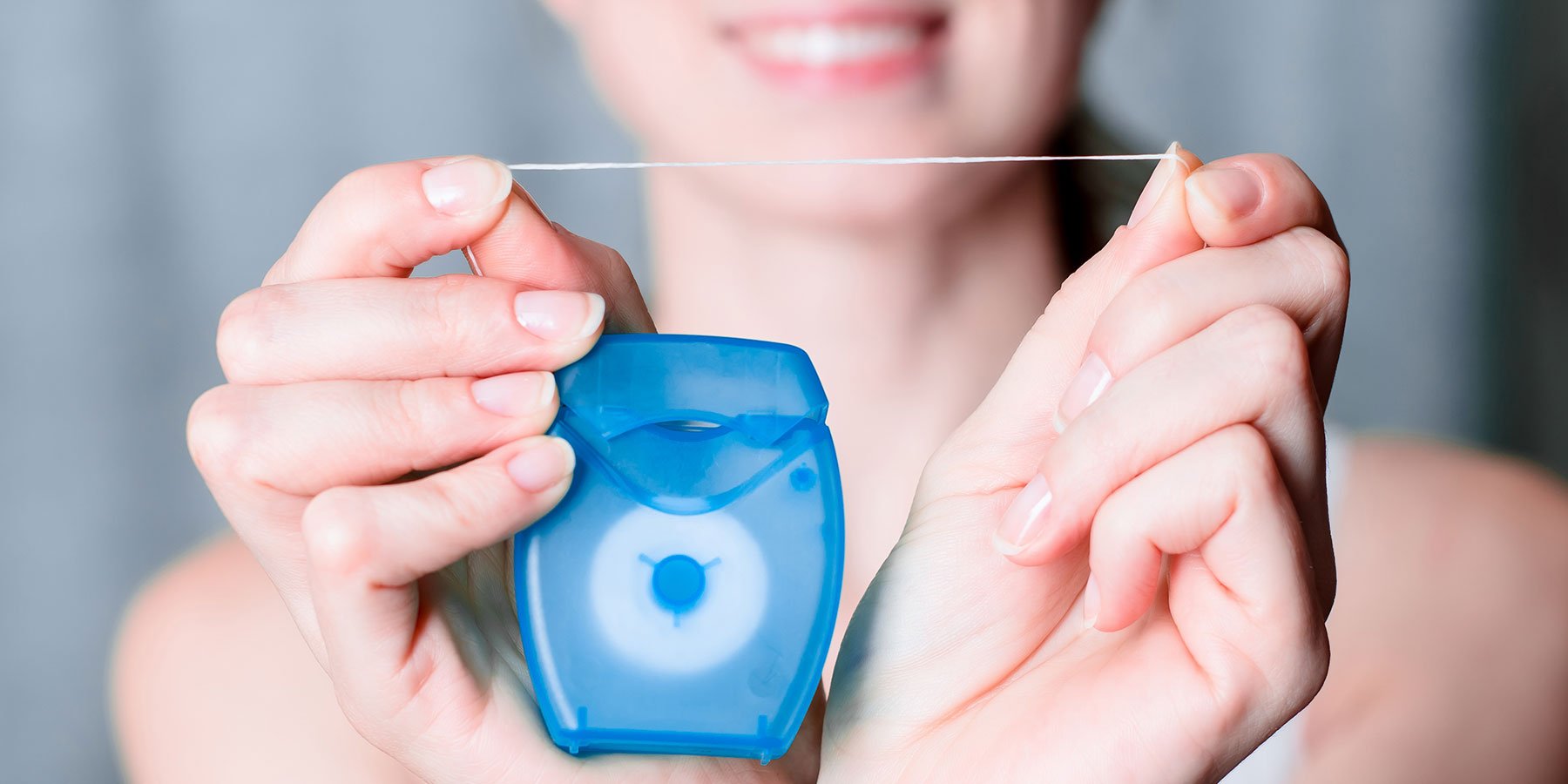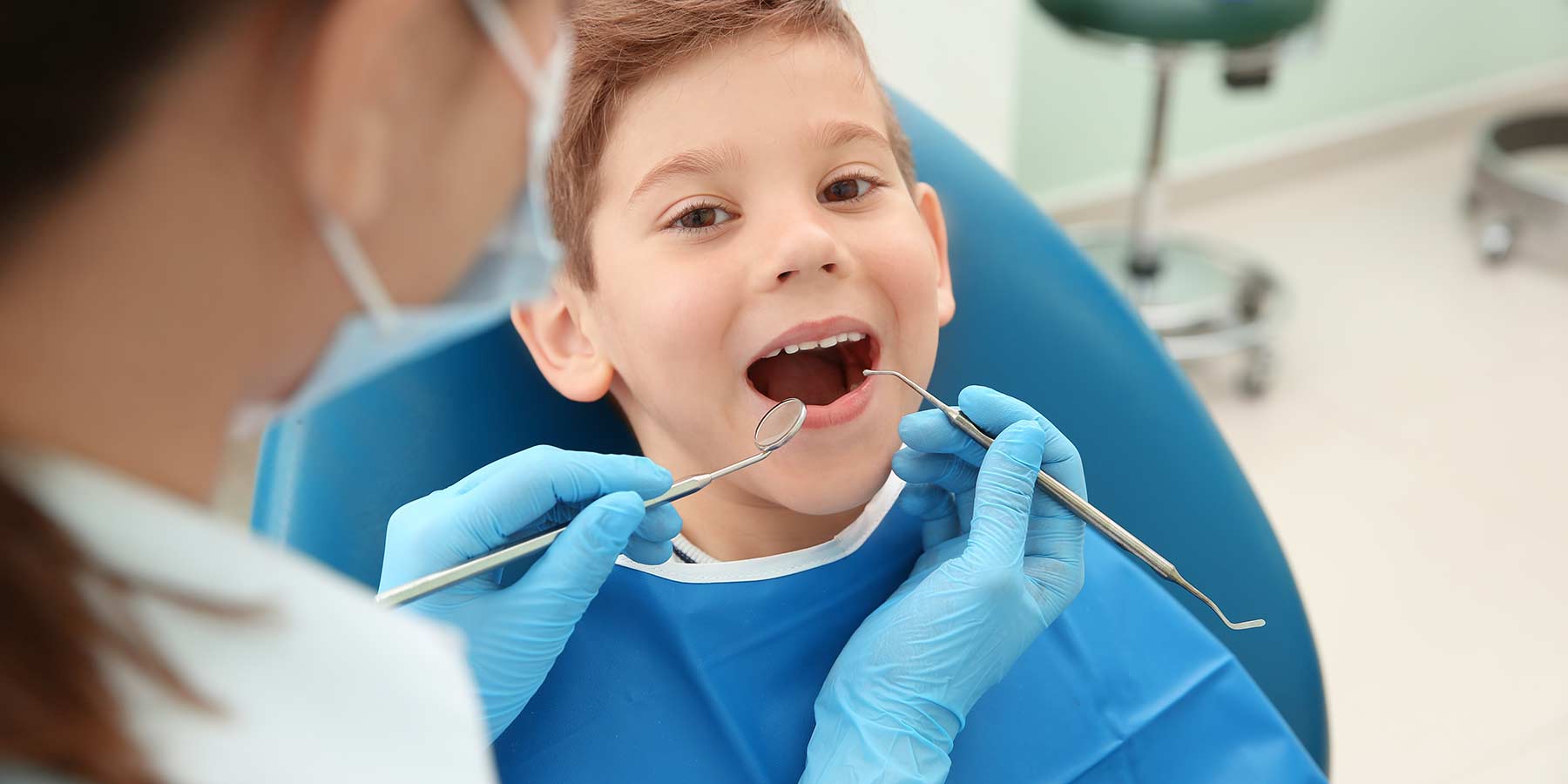Oral Cancer Awareness Day: Raising Awareness to Prevent and Detect Oral Cancer
Oral cancer is a potentially life-threatening disease that affects millions of people worldwide. It can occur in any part of the mouth or throat, including the lips, tongue, gums, and tonsils. Early detection of oral cancer is crucial for successful treatment and better patient outcomes. In light of this, dental organizations around the world observe Oral Cancer Awareness Day to raise awareness of this disease, its risk factors, and the importance of regular screening.
What is Oral Cancer?
Oral cancer is an abnormal growth of cells in the oral cavity or throat. It can manifest as a sore, lump, or discolored area in the mouth or throat. Oral cancer can spread to other parts of the body, including nearby lymph nodes, lungs, and liver, if not detected and treated early.
Risk Factors for Oral Cancer
Certain factors increase the risk of developing oral cancer, including:
- Tobacco use: Smoking or using smokeless tobacco products like snuff, chewing tobacco, or dip.
- Heavy alcohol consumption: Drinking excessive amounts of alcohol regularly.
- Human Papillomavirus (HPV): A sexually transmitted infection that can cause oral cancer.
- Sun exposure: Prolonged exposure to the sun can increase the risk of lip cancer.
- Age: People over 45 are more likely to develop oral cancer.
- Genetics: A family history of oral cancer or genetic syndromes like Fanconi anemia or dyskeratosis congenita can increase the risk of developing oral cancer.
Symptoms of Oral Cancer
Oral cancer may not always present symptoms in its early stages. However, as it progresses, symptoms may include:
- A sore or ulcer in the mouth or on the lips that does not heal.
- A lump or thickened area in the cheek, tongue, or throat.
- Difficulty swallowing or chewing.
- Persistent sore throat or hoarseness.
- Unexplained bleeding in the mouth.
- Numbness in the mouth or lips.
- Loose teeth or dentures that no longer fit properly.
Oral Cancer Screening
Regular screening for oral cancer is an essential part of oral health care. During a screening, a dental professional will examine the mouth, tongue, and throat for any signs of abnormal growth or discoloration. They may also feel for lumps or enlarged lymph nodes in the neck. If oral cancer is suspected, the dentist may refer the patient to a specialist for further evaluation and treatment.
Prevention of Oral Cancer
Oral cancer is preventable in many cases. Here are some steps that individuals can take to reduce their risk:
- Quit smoking or using smokeless tobacco products.
- Drink alcohol in moderation or not at all.
- Practice safe sex and get vaccinated against HPV.
- Wear protective clothing and sunscreen when spending time in the sun.
- Eat a healthy diet rich in fruits and vegetables.
- Visit the dentist regularly for oral cancer screenings and dental cleanings.
Conclusion
Oral Cancer Awareness Day is an opportunity to educate the public about oral cancer, its risk factors, and the importance of early detection. Dental organizations play a vital role in raising awareness and encouraging individuals to take steps to prevent oral cancer. By working together, we can help reduce the incidence of oral cancer and improve patient outcomes.









